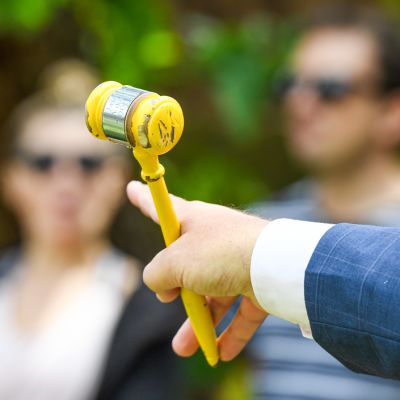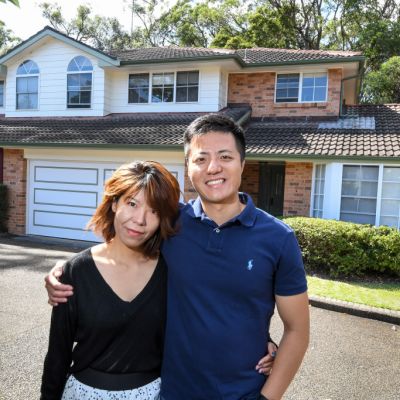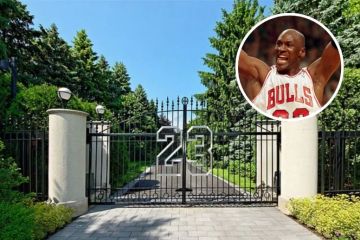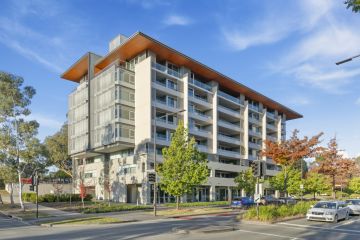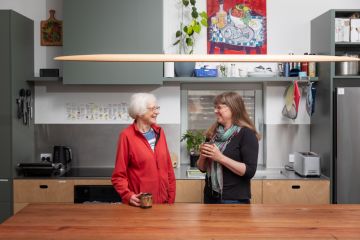Why a record number of homes are selling before auction, despite strong market conditions
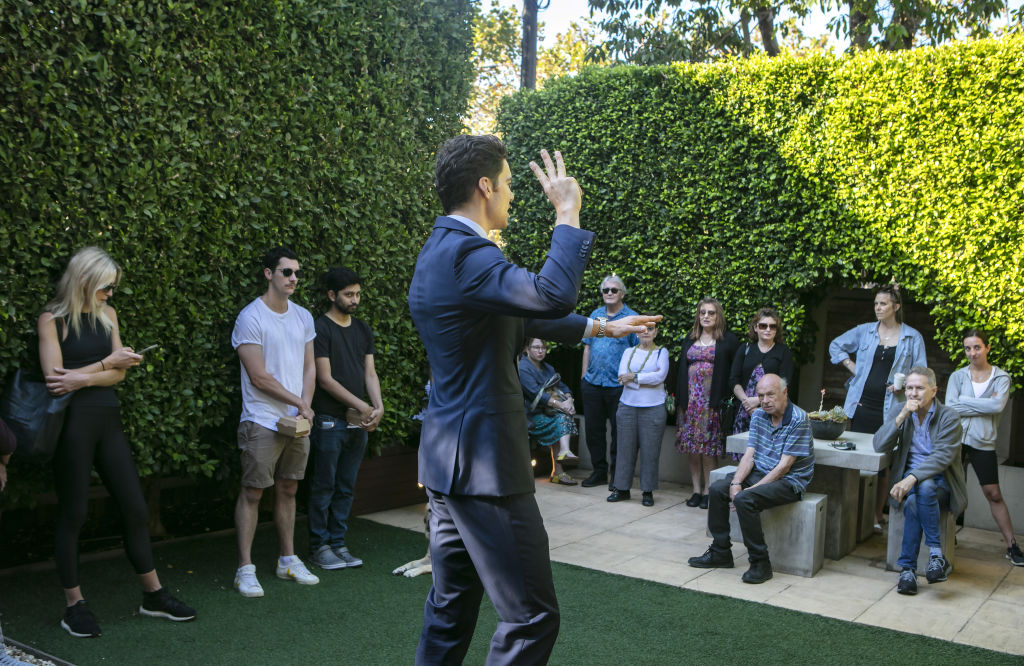
When it comes to selling your home at auction, vendors often face a difficult decision; lock in a pre-auction offer or push through to auction day when strong competition could push the price higher.
House hunters tired of missing out in the hot property market are increasingly making pre-auction offers, in a bid to avoid going head-to-head with other buyers on the auction floor.
But why are home owners so keen to ditch their auction plans? Particularly when clearance rates are at their highest level in years – at 82.3 per cent in Sydney and 74.8 per cent in Melbourne in March – and strong competition is pushing some prices hundreds of thousands of dollars above seller expectations?
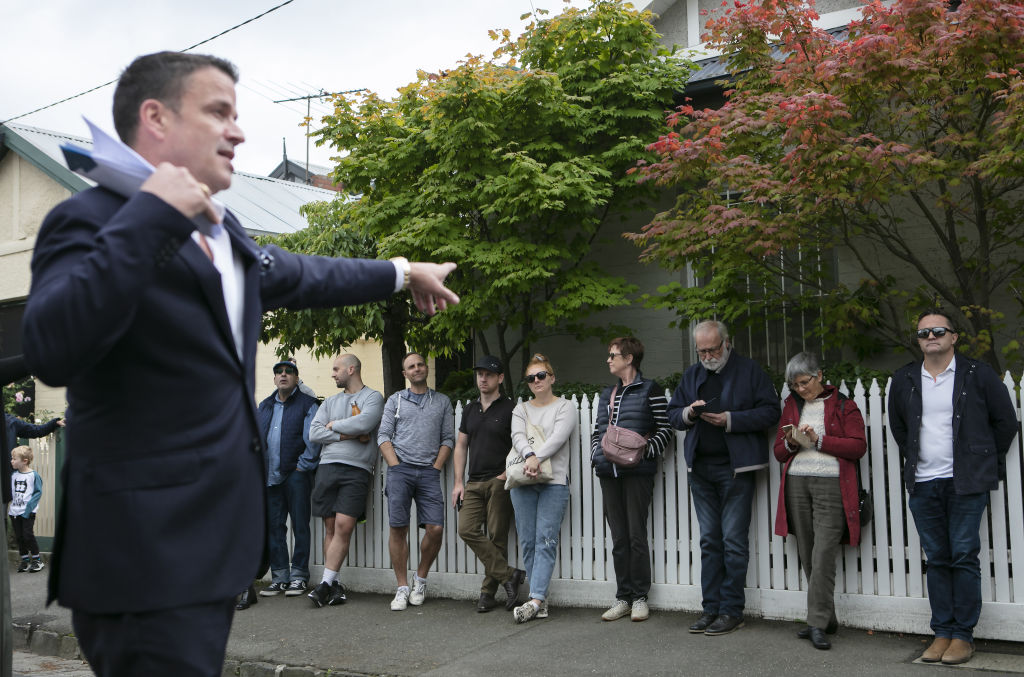
Having an offer that is too good to refuse and a fear of the unknown, are the two key reasons why home owners sell before auction, according to Peyman Khezr, a lecturer in economics at RMIT University.
“Sellers are winners of the pre-auction deal,” said Dr Khezr, who did a PhD on selling mechanisms in the Australian housing market. However, he noted this was only the case if one or two parties were prepared to pay well above other interested buyers.
When the market is hot, Dr Khezr said, emotional and inexperienced buyers were more likely to overestimate values. Irrational exuberance was the term used to describe a psychological phenomenon in which buyers overestimate an asset’s future value, based on non-accurate information about the price increase, he said.
As such the proportion of homes sold ahead of auction tends to rise when prices are rising. In Sydney, a record 37.3 per cent of homes sold before auction last month, Domain figures show, while in Melbourne, just over one in five home owners sold early – still above the decade-long average.
“If there are a few buyers with a very high value … it’s best to not allow them to compete publicly,” Dr Khezr said. “In a public auction, because people observe other people’s bids … if they’ve overestimated [the value] they will update it immediately and reduce what they will bid to. [But] in a silent auction [when they make early offers] they never get to see the other bids.”
Risk aversion was the other reason vendors sold early, Dr Khezr said, as there was always some uncertainty about how an auction would go despite the strong clearance rates. Sellers could be reluctant to pass on an offer, due to concern the interested buyer may move on and competition at the auction may be softer than expected.
“A seller may be happy to accept a lower price without the risk, rather than going to auction,” Dr Khezr said.
In the current market, going to auction was still likely the better call for most, assuming they had similar levels of interest from multiple parties.
“If I wanted to sell my home right now, I would go to auction,” he said. “But you need to go case by case.”
Sellers who stuck with plans to sell under the hammer last month sold for an average of almost 13 per cent more than their highest pre-auction offer, figures from Ray White show. Nationally, about one in five properties scheduled for auction with the group sold early, with the sold-prior rate climbing as high as 35 per cent in Sydney.
Ray White NSW chief auctioneer Alex Pattaro said sellers would always be nervous about going to auction, regardless of how strong the market was. Vendors looking to buy elsewhere were particularly keen to lock in strong early offers, so they could move ahead with a purchase, Mr Pattaro added.
“There are also some agents recommending to sell prior because there is a bit of a disparity between the one offer and where everyone else is at,” Mr Pattaro said.
“Sellers just need to be mindful that if they’ve got competition on their property, and multiple buyers are expressing interest then they should heavily consider going to auction,” he said. “You simply don’t know if that buyer or others will pay more with the competition.”
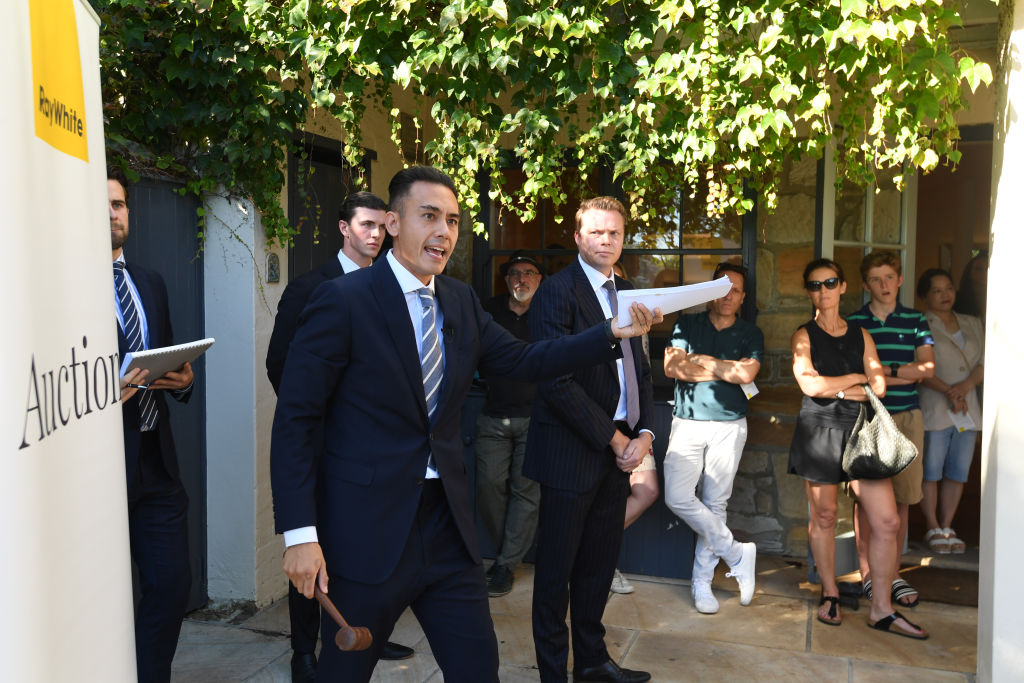
Bidders could be more likely to make “irrational” offers at auction, according to Murry Bennett, a PhD candidate at The University of Newcastle, who recently studied bidding behaviour at Dutch auctions – where the price starts unrealistically high and drop in increments and the first person to bid wins.
“It was a trade-off between certainty and value,” Mr Bennett said, with buyers often prepared to risk overpaying to get in first, similar to those making early offers ahead of a traditional real estate auction.
Home owners faced a similar trade-off when considering pre-auction offers, and could also favour certainty, even if research showed people were more likely to bid higher in a competitive environment.
Although house hunters may overvalue a property when making an offer in isolation, bidders were likely to spend more if their competitive spirit took hold on the auction floor – even though they could see where other buyers saw value.
“What our research shows, is that even when people had information about each other they still weren’t making the best decisions,” Mr Bennett said. “They kept making, what we’ve called irrational bids, because of the competitive environment.”
We recommend
We thought you might like
States
Capital Cities
Capital Cities - Rentals
Popular Areas
Allhomes
More
- © 2025, CoStar Group Inc.

